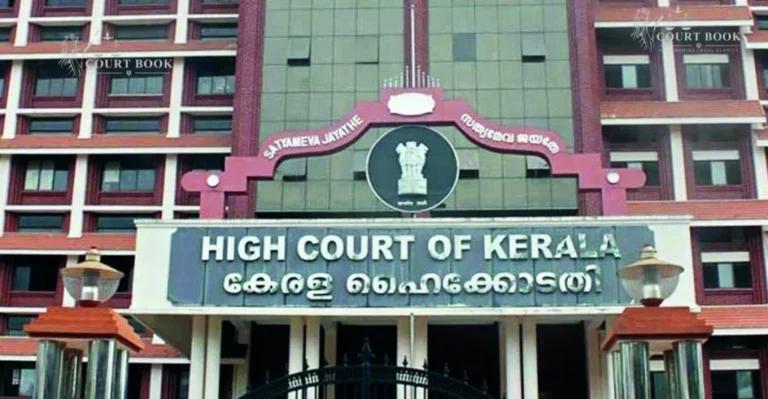In a significant ruling dated April 11, 2025, the Kerala High Court quashed a POCSO case registered against several Asianet News journalists and staff who were accused of disclosing the identity of a minor rape survivor in a news program allegedly produced to gain higher Television Rating Points (TRP).
The judgment was delivered by Justice A. Badharudeen, who stated that no offences were made out based on the facts presented in the case. While issuing the verdict, the Court also cautioned media houses to avoid airing allegations without verifying the truth or presenting both sides.
Background of the Allegations
The prosecution alleged that the accused individuals—including Executive Editor Sindhu S (Accused No.1), Shajahan P (Accused No.2), and Kannur Bureau Chief Noufal V (Accused No.3)—conspired to increase the channel’s TRP and revenue by producing an investigative report involving a minor survivor in a POCSO case.
According to the prosecution, despite the survivor’s father refusing to give an interview, the journalists went ahead with the program. It was further alleged that the team used the voice of the minor survivor, and showed the daughter of a staff member (Accused No.4) in the visuals instead of the actual survivor. This was allegedly done with the help of a videographer (Accused No.5) and another individual (Accused No.6).
The report, titled “Narcotics is a Dirty Business,” was aired on both the Asianet News channel and its YouTube platform. The prosecution claimed that the program was politically motivated and aimed at tarnishing the image of the ruling government.
The FIR included charges under multiple provisions of the Indian Penal Code (IPC) and special laws:
- Section 120B (criminal conspiracy)
- Section 465 (forgery)
- Section 419 (cheating by personation)
- Section 109 (abetment)
- Section 471 (using a forged document)
- Section 201 (causing disappearance of evidence)
- Section 34 (common intention)
Additionally, charges were also brought under:
- Section 83(2) of the Juvenile Justice (Care and Protection of Children) Act
- Section 23(4) of the Protection of Children from Sexual Offences (POCSO) Act
Section 23(4) of the POCSO Act states that media reports must not disclose a child's identity, and any violation is punishable with up to one year in jail or fine, or both.
The petitioners contended that the news segment was intended to highlight the growing issue of drug abuse among the youth in Kerala. They argued that the identity of the survivor was not revealed, and every possible step was taken to protect the minor’s privacy.
It was submitted that during the broadcast:
- The voice was modified (doctored)
- The video was blurred
- Multiple disclaimers were added explaining that the video and audio had been edited to conceal the identity of the survivor
The defence maintained that the original interview recorded on August 9, 2022, and the current disputed video both featured a doctored version of the voice, thus eliminating any possibility of identity disclosure.
The Court gave considerable weight to the statement of the survivor, who confirmed that her voice was used with “jumbled sentences.”
“The survivor had given statement that her voice was used with 'sentences jumbled'. That is to say, the voice was meddled up, disarranged and disorganized,” the Court stated.
The High Court pointed out that the meaning of “doctored” supports this version, and validated the argument that the voice was not used in its original form. Thus, the court concluded that the accused did not use the original voice of the survivor, and hence, no offence under Section 23(4) of the POCSO Act was attracted.
“On viewing the programme, I would say the same as beneficial video which is intended to alert the public regarding availability of drugs even in the near vicinity of Police Stations and Excise Offices,” the Court observed.
The Court also noted that while teachers and parents of the survivor claimed the voice belonged to her, the survivor’s own testimony took precedence and proved decisive.
The laboratory analysis report did not confirm that the voice used in the program was the survivor’s. This finding, along with the survivor's statement, played a crucial role in the decision to dismiss the case.
The Court highlighted that:
- There was no intent to harm the public or the survivor
- The intention was to educate the public on the dangers of drug use
- The doctored voice matched the nature of the editing, not identity revelation
Considering the above, the High Court quashed the following charges:
- Section 471 IPC (use of forged document)
- Section 109 IPC (abetment)
- Section 419 IPC (cheating by personation)
The Court further dismissed charges under Section 83(2) of the Juvenile Justice Act, stating that there was no illegal use of a child in the production of the video. The daughter of the staff member shown in the video was not identified, nor was her privacy compromised.














